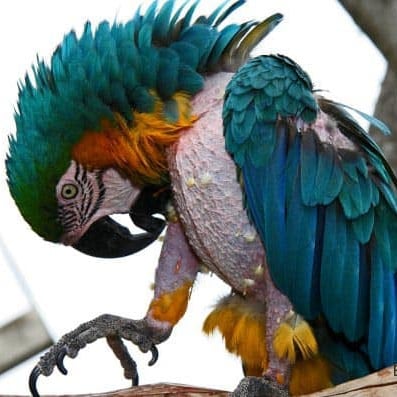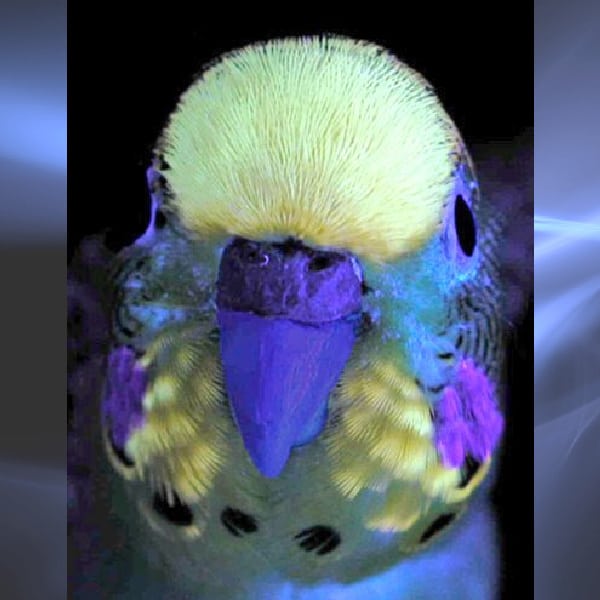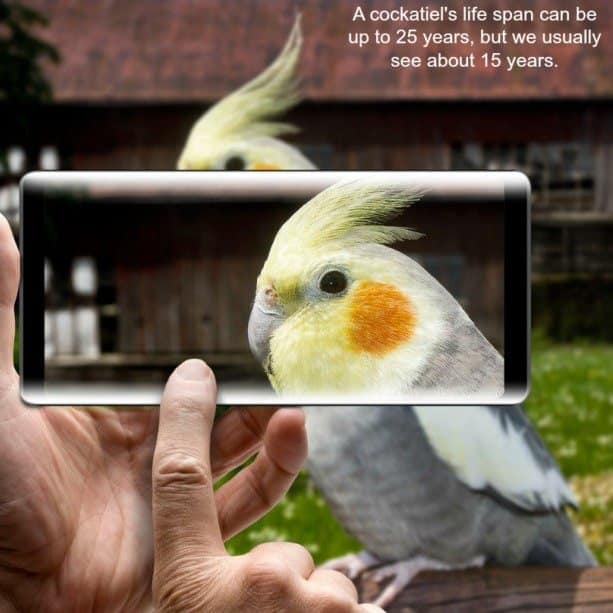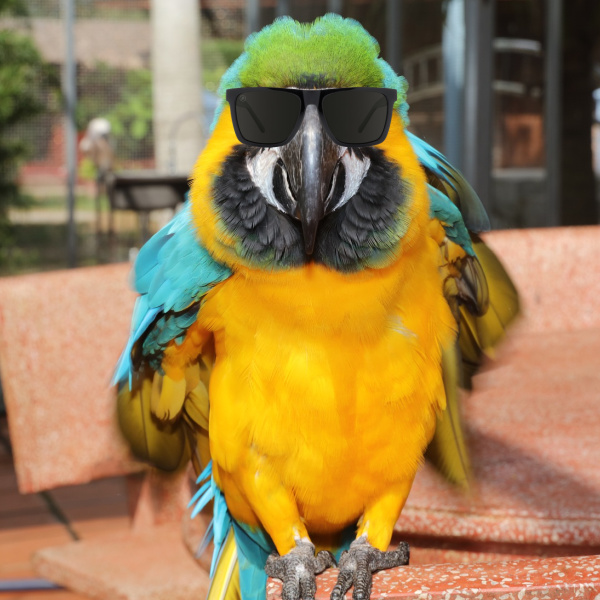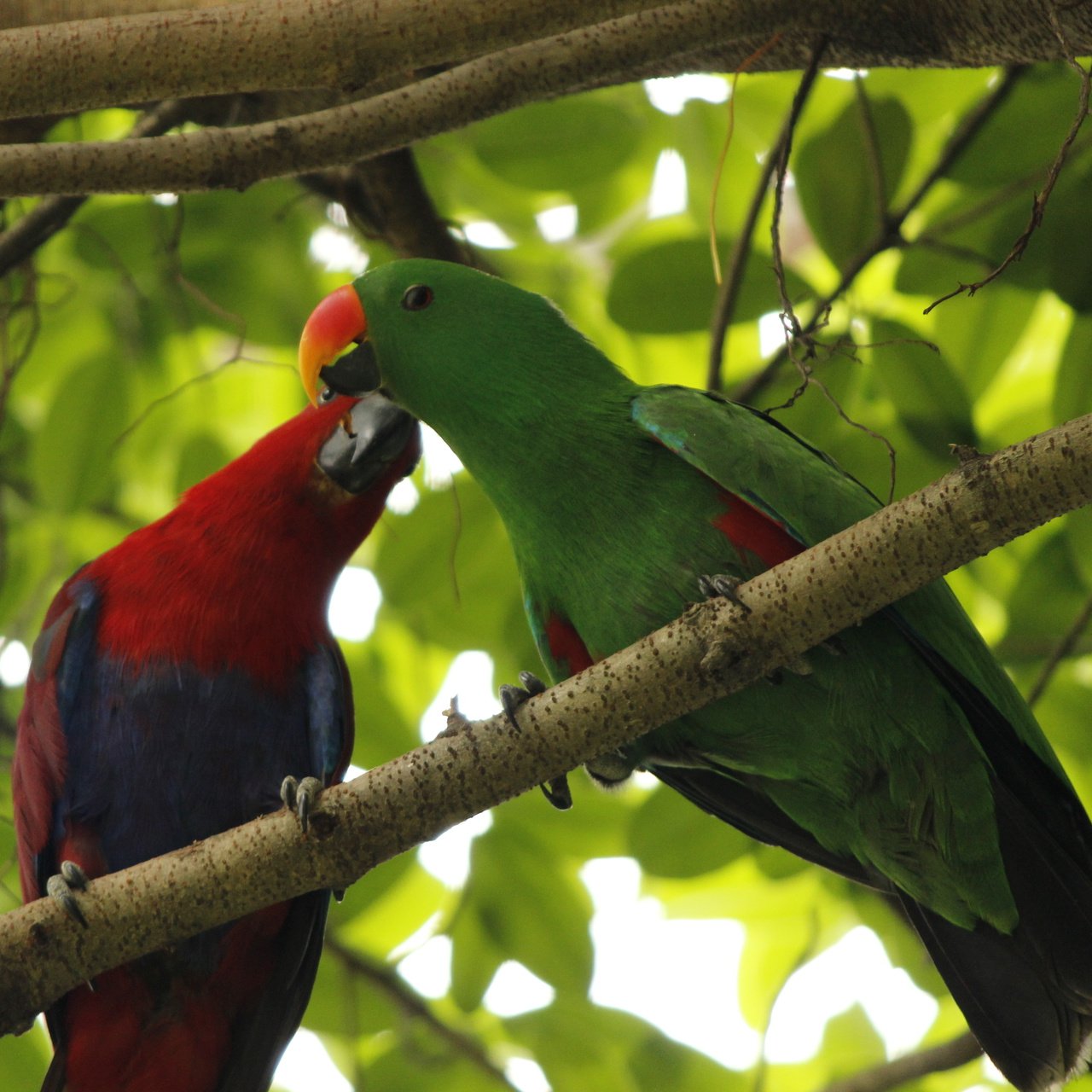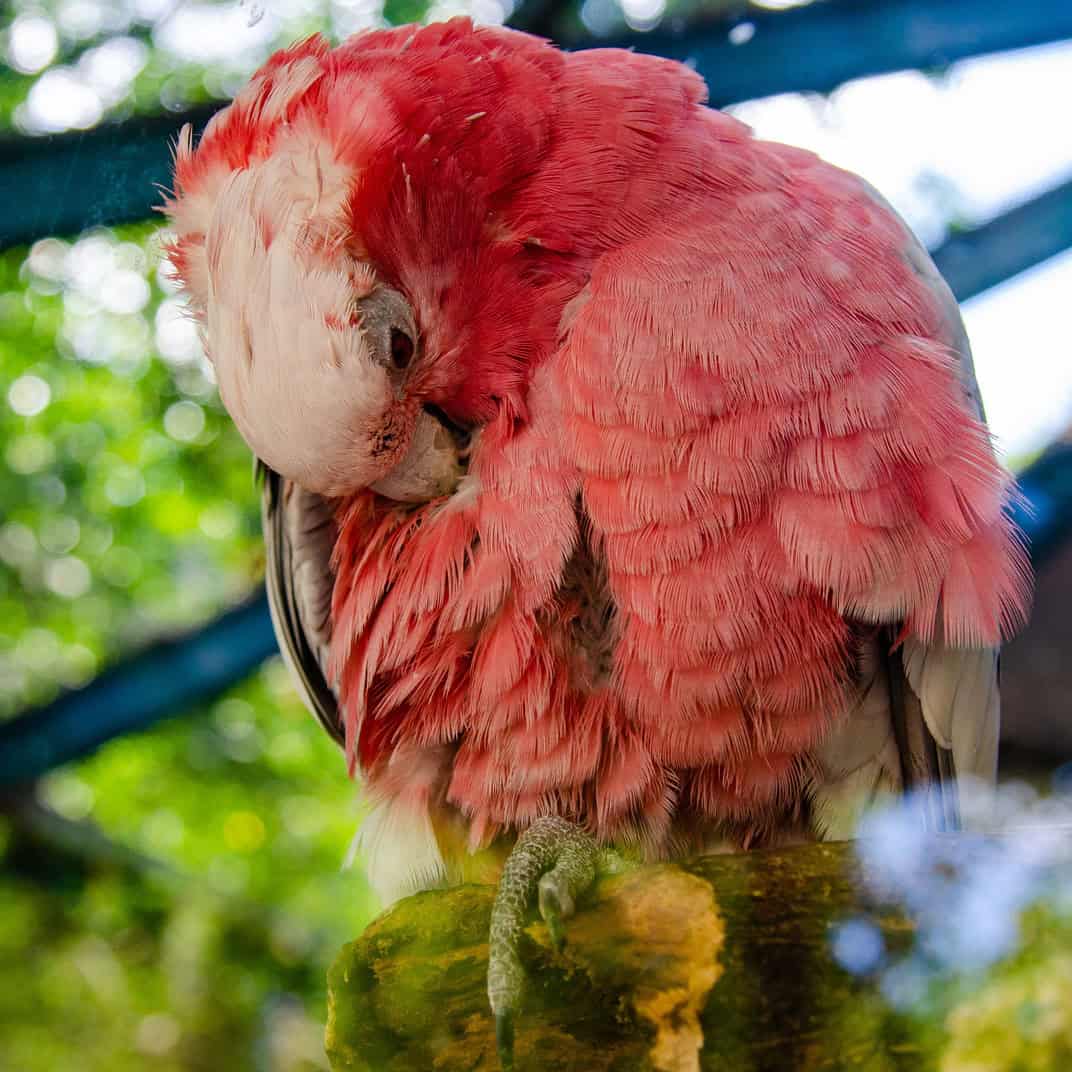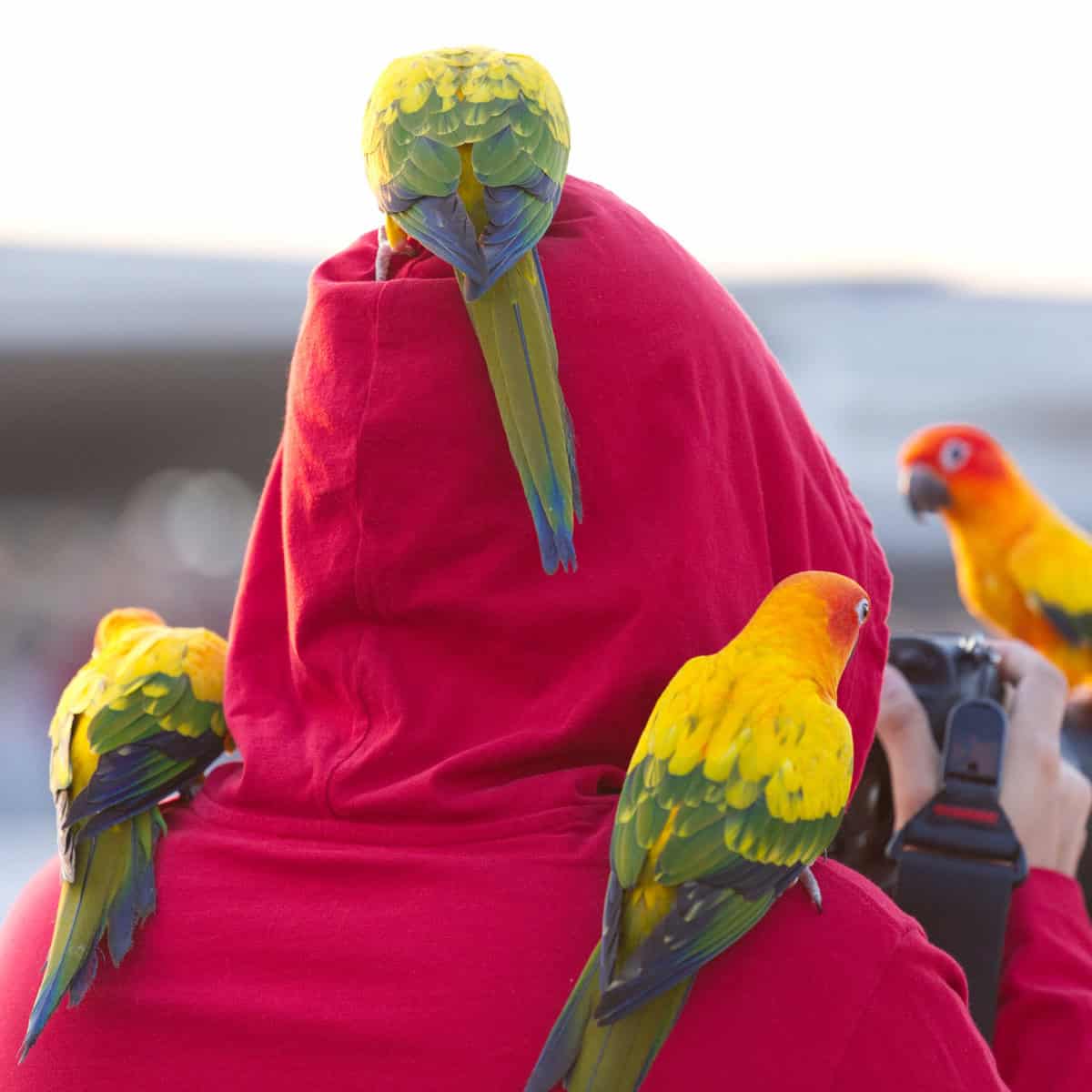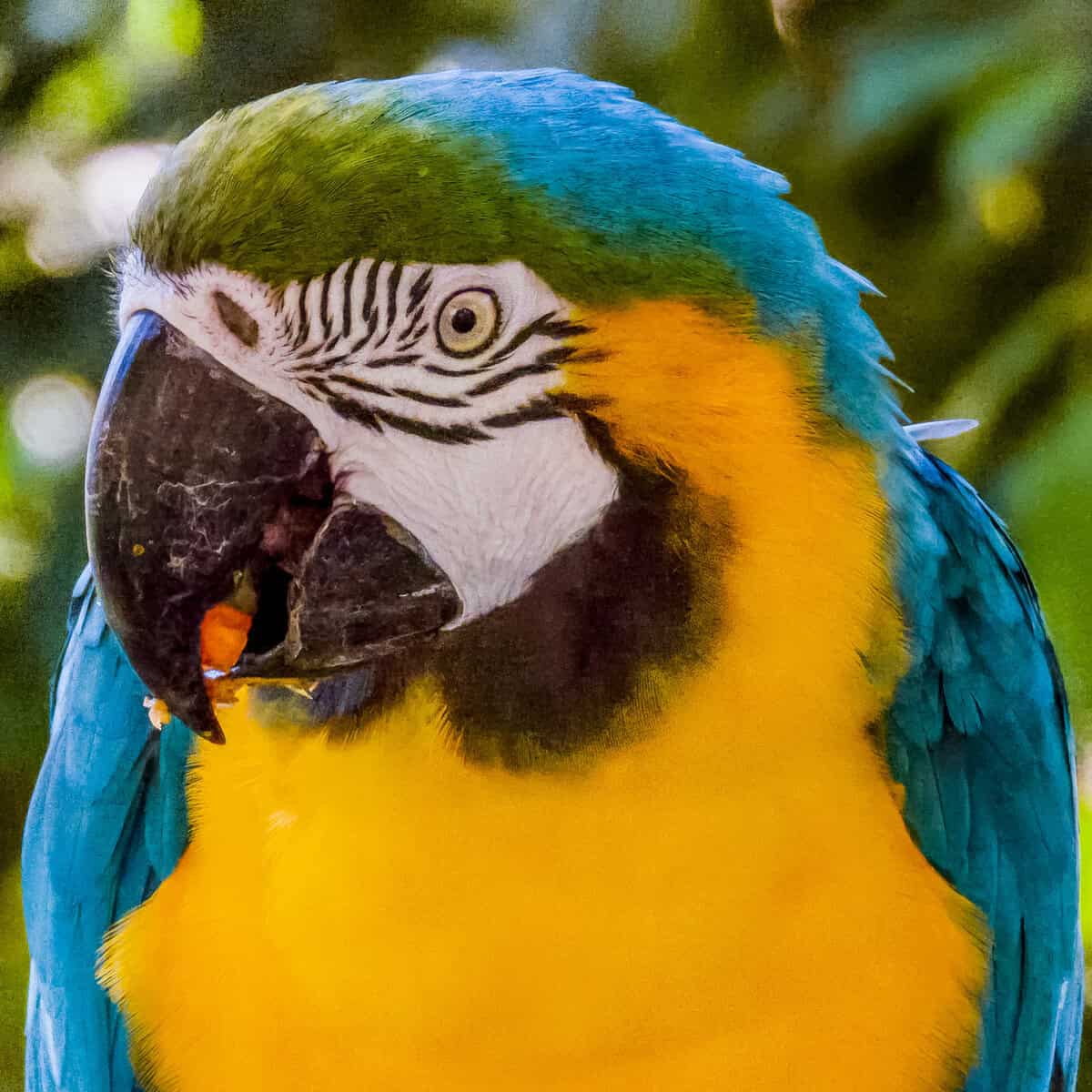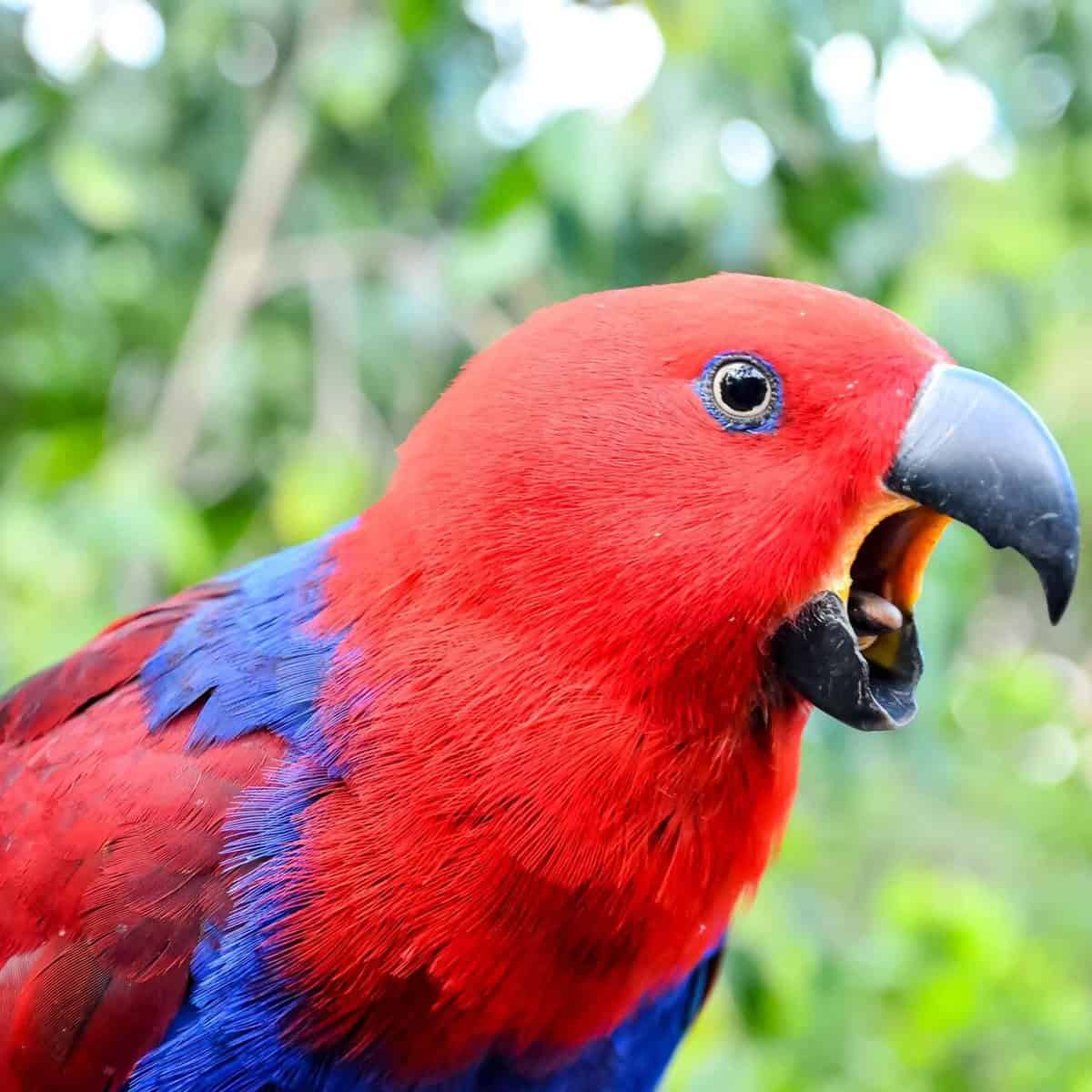Why Do Some Parrots Struggle in Captivity?
Parrots are some of the smartest and most colorful birds in the world. Many people love to keep them as pets, and lots of zoos and breeding centers have parrots, too.
But here’s the problem: not all parrots live well in cages or homes. Some parrots are happy and healthy, but others get stressed, bored, or even sick.
